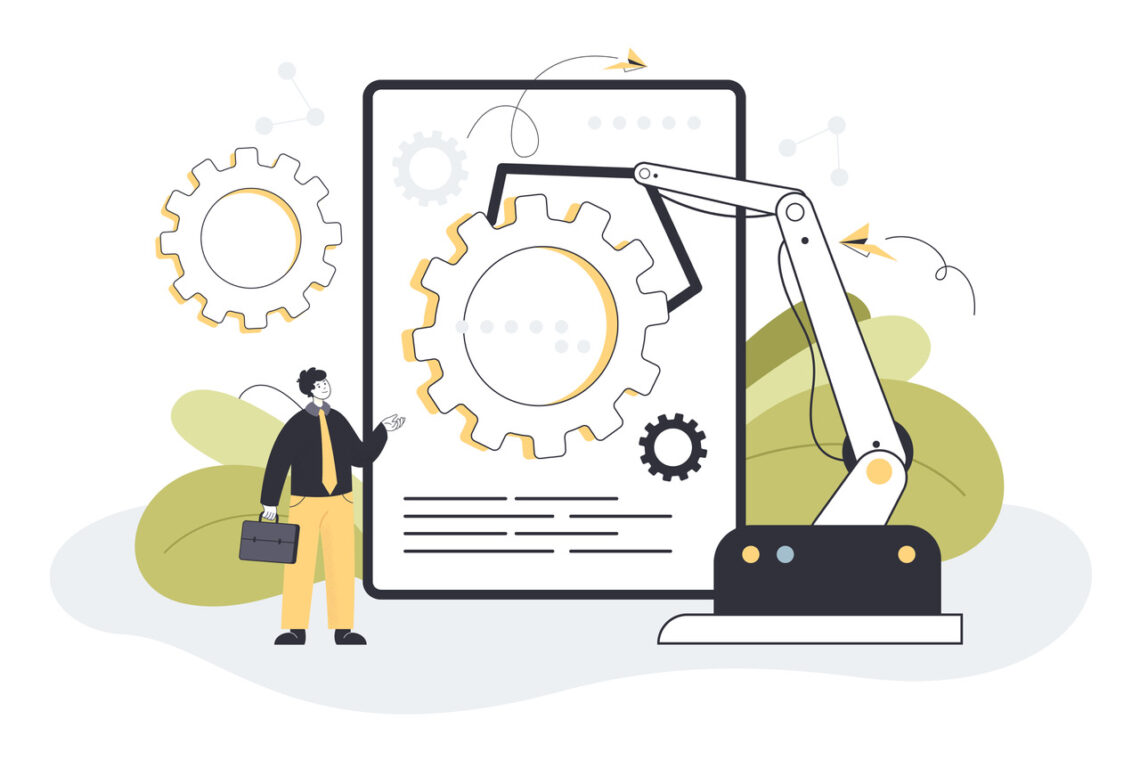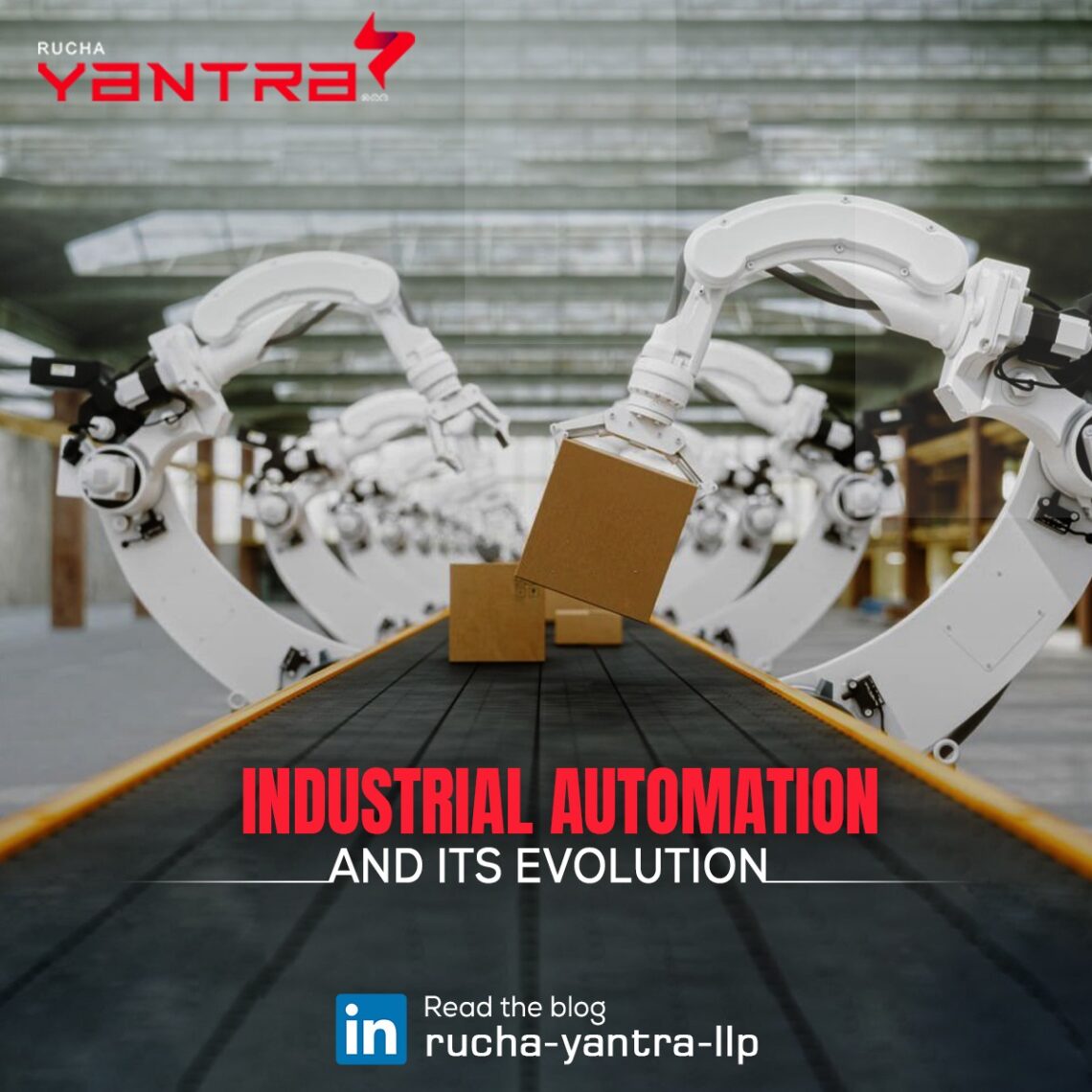Welcome back to a new series of blogs from Rucha Yantra. This time, we are talking about a new albeit already-established trend in manufacturing – Manufacturing Automation. A trend that Rucha Yantra is participating in and contributing to a lot as well. Let’s begin! Manufacturing automation refers to equipment and software that automates production systems or processes. Automation serves broadly two purposes – increasing production capacity or reducing costs, often both. Automation in manufacturing has come a long way – from using basic hydraulic and pneumatic systems to today’s modern robots. Most notably, industrial automation enhances and transforms those activities that were previously performed manually. One pioneer type of automation…
-
-
The Many Advantages of Embracing Industrial Automation
Hey there, hope you liked our last piece that introduced the world of Industrial Automation. Having seen how it evolved and why we need it, let’s now get to know the various advantages it brings to the table. Automation is the way of the future, where there is a healthy collaboration between robots, artificial intelligence, and uniquely human skills. And leading firms around the globe are no stranger to the true potential of industrial automation. The global industrial automation market is forecasted to reach USD 395.09 billion by 2029, and irrespective of the industry, automation is already emerging as a critical component for scalable growth. Contrary to popular belief, industrial…
-
What is Industrial Automation, and Where is it Taking Us?
Welcome back to another series of interesting information and insights into modern technologies. This time around, we shall be taking up the topic of Industrial Automation. We hope you find it interesting. Let’s begin! Automation is rapidly transforming how we think about, operate, and utilize technology across industries for various processes. Today, industrial automation is a reality that goes beyond mechanization – it involves the active use of control devices like PCs, PLCs, and PACs to successfully navigate industrial processes. Though it is broad in scope and purpose, industrial automation can be defined precisely. Simply put, it refers to the integration of computerized machinery, information technologies, and control systems into…


